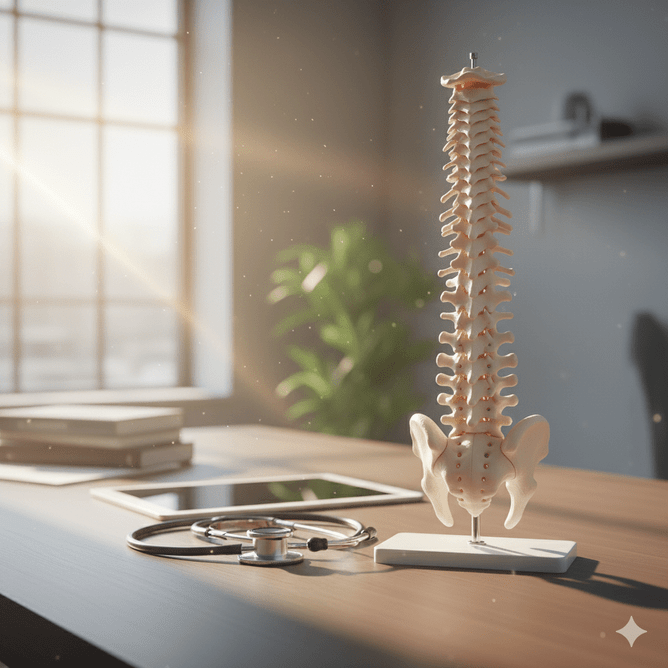Living with chronic pain can affect more than just your body, it can shape your daily routines, your work, and even your mood. For many Australians, pain is an ongoing challenge, often linked to conditions such as arthritis, fibromyalgia, back injuries, or neurological conditions. While it may feel overwhelming at times, there are practical strategies that can help manage pain, improve independence, and support long-term wellbeing.
Focus on Self-Management Strategies
Chronic pain is personal, and what works for one person may not work for another. This is why self-management is so important. Setting small, realistic goals for daily movement, energy use, and rest can make life feel more manageable. Many people also find mindfulness techniques, such as deep breathing or guided relaxation, help calm both the body and the mind. These approaches not only reduce stress but also give individuals a greater sense of control.
Supportive Environments at Home and Work
Your environment plays a big role in pain management. At home, supportive furniture, ergonomic tools, and pacing your daily tasks can prevent strain. In the workplace, adjustments such as flexible hours, supportive seating, or access to quiet spaces can make a significant difference. Employers are encouraged to create inclusive environments that support staff living with chronic pain.
The Role of Allied Health Support
Professional guidance can be life-changing for people living with chronic pain. Allied health practitioners such as exercise physiologists, physiotherapists, and occupational therapists provide evidence-based strategies to support movement, recovery, and independence. For example, exercise physiology programs can build strength safely, while occupational therapy can help you adapt your home or work routines to reduce pain triggers. At Holistic Strength, we work alongside clients to create personalised plans that fit their unique goals, helping them stay active and confident in their daily lives.
Staying Connected and Supported
Chronic pain can sometimes lead to feelings of isolation, especially when daily activities feel limited. Staying connected to family, friends, and community can make a big difference. Support networks, whether through NDIS providers, peer groups, or local community programs, provide encouragement and practical assistance. Open communication with loved ones also helps others understand your needs and reduces the pressure of managing pain alone.
Moving Forward with Confidence
While chronic pain is an ongoing challenge, it doesn’t have to take over your life. With the right mix of self-management strategies, environmental adjustments, and allied health support, many people are able to regain confidence, independence, and quality of life.
If you or someone you know is living with chronic pain, reaching out for support is an important first step. At Holistic Strength, our allied health team in Perth provides tailored exercise physiology, occupational therapy, and rehabilitation programs to help you move forward, one step at a time.
